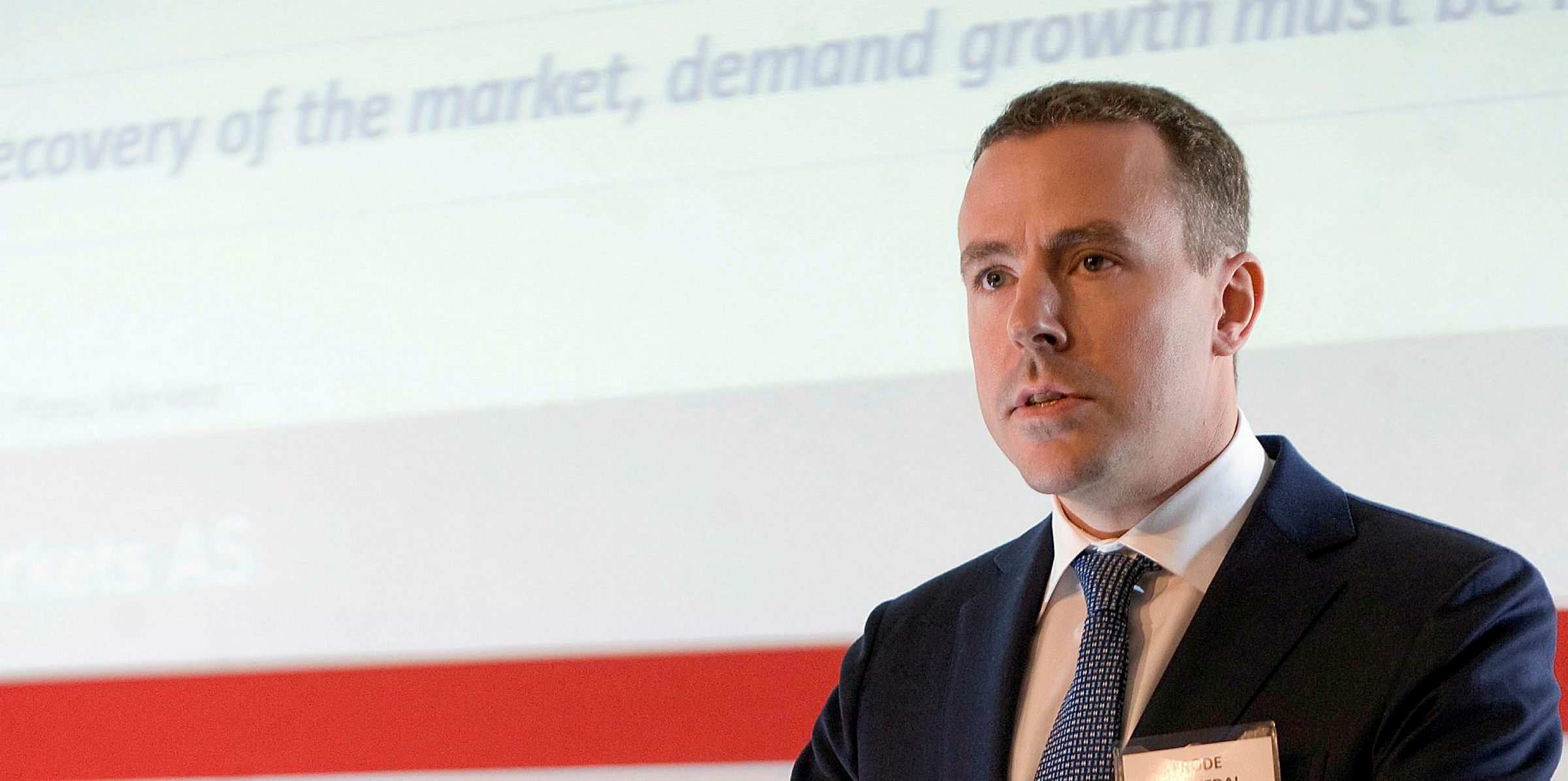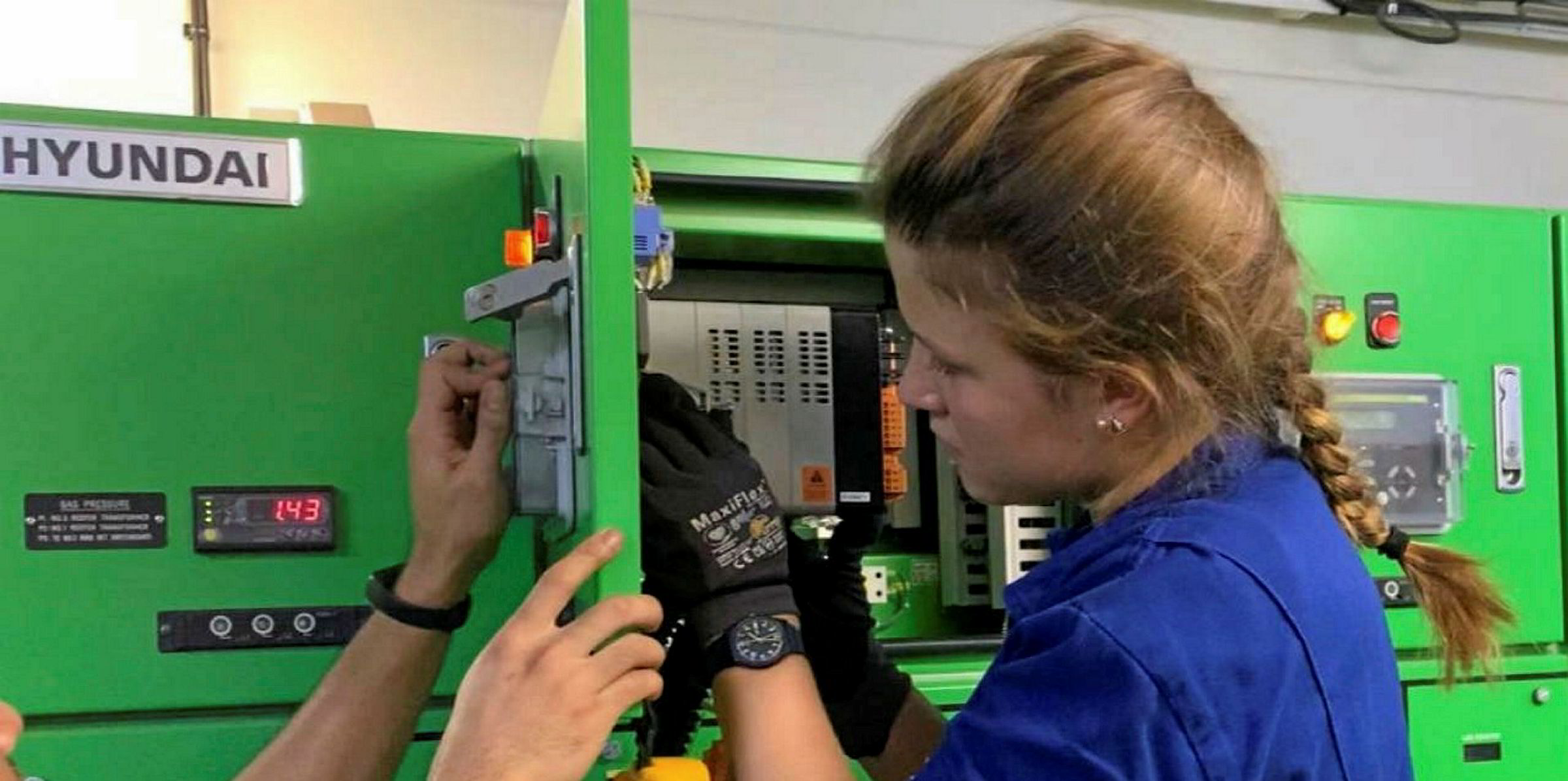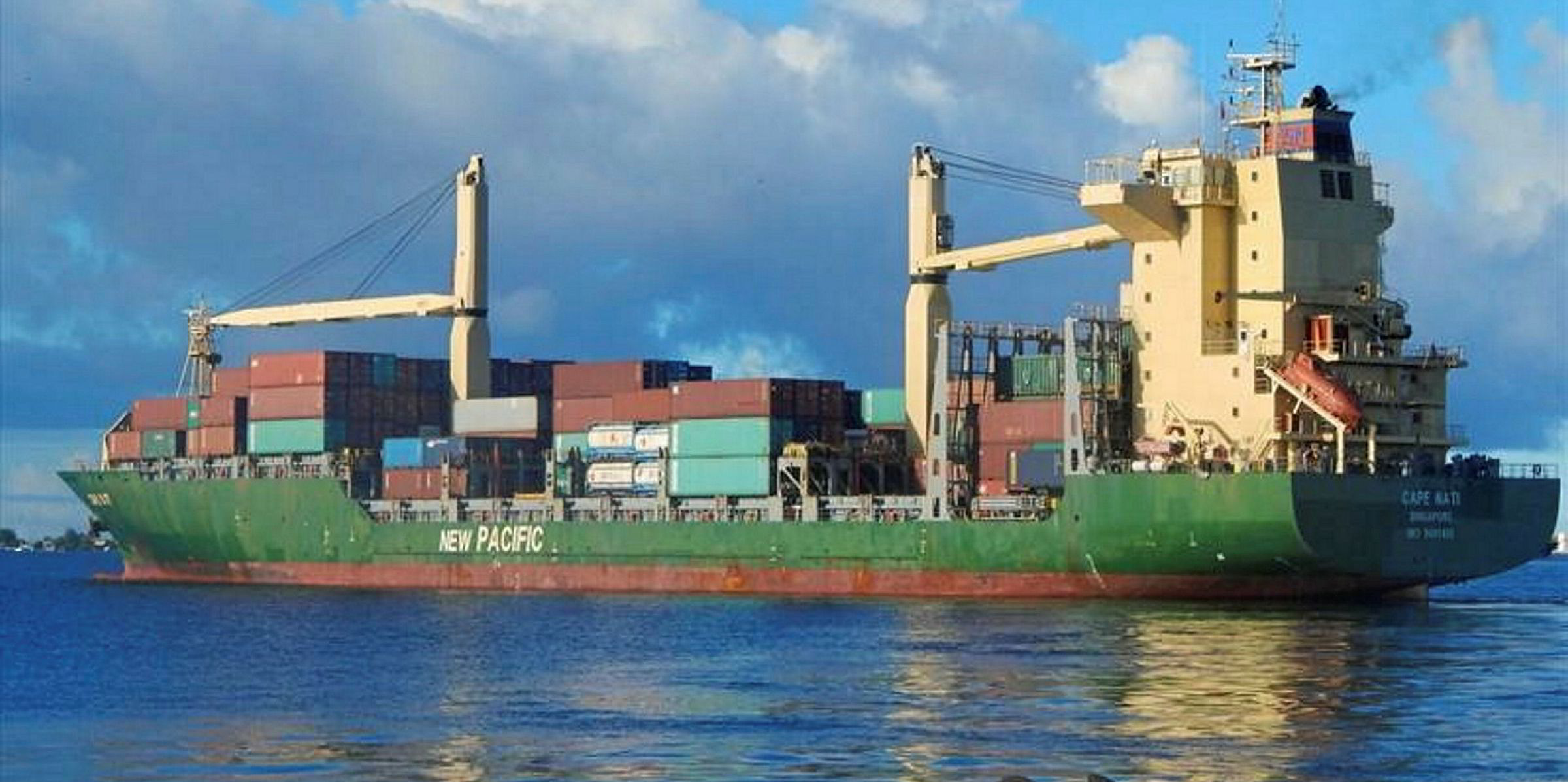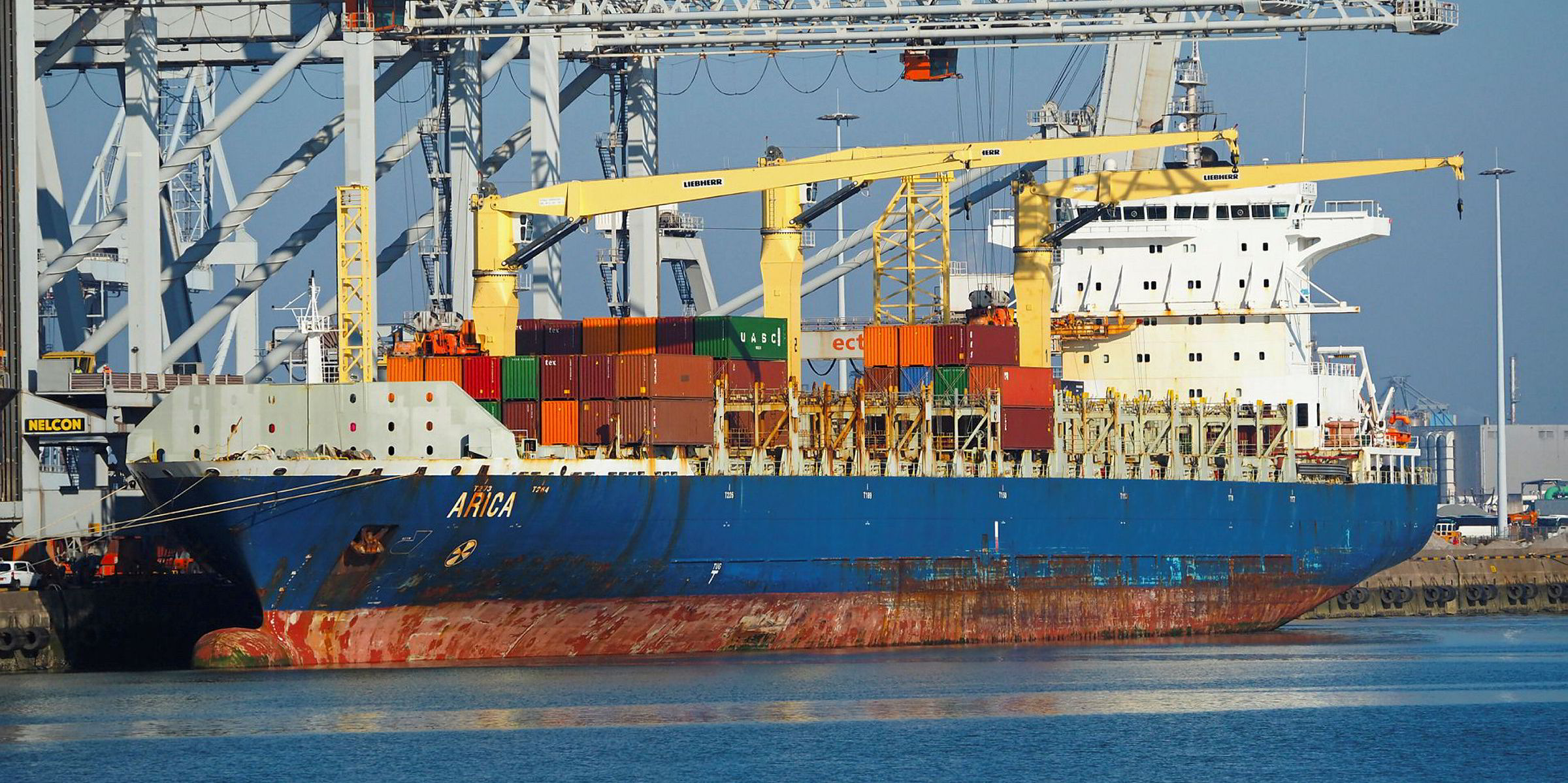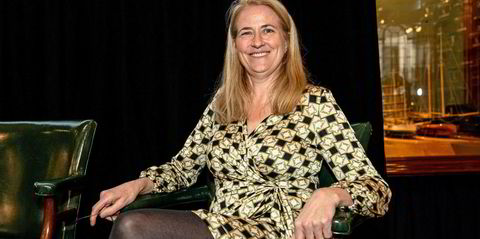Danish containership giant AP Moller-Maersk should pull off a profit rise this year despite coronavirus disruption.
The shipowner said on 17 June that second-quarter Ebitda is expected to be slightly above first quarter levels as the sector managed to cut fleet capacity more than demand fell.
Now Clarksons Platou Securities has come out with an upbeat forecast for the year which recognises these capacity-management efforts.
"We are updating our estimates and we expect Maersk to report full year Ebitda around $6bn, which would be above last year’s $5.7bn despite Covid-19, a strong feat owing to successful capacity management by the whole liner industry," Frode Morkedal, its managing director of research, said.
But he added: "We believe investors are now worried that too much ship capacity will be added back to service during Q3 and freight rates will start to fall.
"While we agree freight rates are likely to moderate a bit, we see little risk of container liners entering a price war."
Stock still a 'buy'
Clarksons Platou views Maersk's stock as "rather attractive", due to its strong balance sheet, trading liquidity and "compelling" market outlook.
It has reiterated its buy rating.
Group Ebitda should reach $1.58bn in the second quarter, up from $1.52bn in the first, Morkedal said.
He is factoring in a 15.7% year-on-year drop in shipping volumes and average freight rates of $1,946 per feu - up 6% from 2019.
The investment bank is assuming unit costs to be up 5%.
In the third quarter, it is forecasting freight rates to drop 1.7% from the second three months to $1,913 per feu, but still up 4% year-on-year.
Volumes will decline 9% from 2019 in the third quarter, and 6% in the fourth.
"We assume freight rates to slip to $1,813 per feu in the fourth quarter," Clarksons Platou said.
It is expecting EBITDA of $1.65bn in the third quarter and $1.2bn in the final three months of 2020.
AP Moller-Maersk had net debt of $12bn at the end of the first period, including lease liabilities of $8.4bn. Cash and undrawn facilities stood at $9.2bn.
Morkedal is expecting net debt to come below $10bn by the end of the year - a 25% debt to market cap ratio.
Traffic down, but 2021 looks stronger
For the boxship market in general, the company is forecasting global container traffic to drop 9% in 2020, "akin to 2009 when volumes dropped 9.2%."
It is factoring in container trade expanding 8% in 2021, however.
"By comparison, the orderbook indicates that fleet growth could increase between 1% to 2%," Morkedal said.
"The idle fleet peaked at 12% in May and is currently at 10% and we expect on average 6% to 7% of the fleet idle in 2020 (excluding scrubber retrofits)."
He added: "There is therefore more than enough fleet capacity in 2021 to meet the expected high demand growth next year, we argue.
"In other words, we don’t see freight rates per box increasing (but reduced idle fleet should be positive for time charter rates)."
For Maersk, it estimates an 8% increase in volumes adds $2bn to Ebitda.
